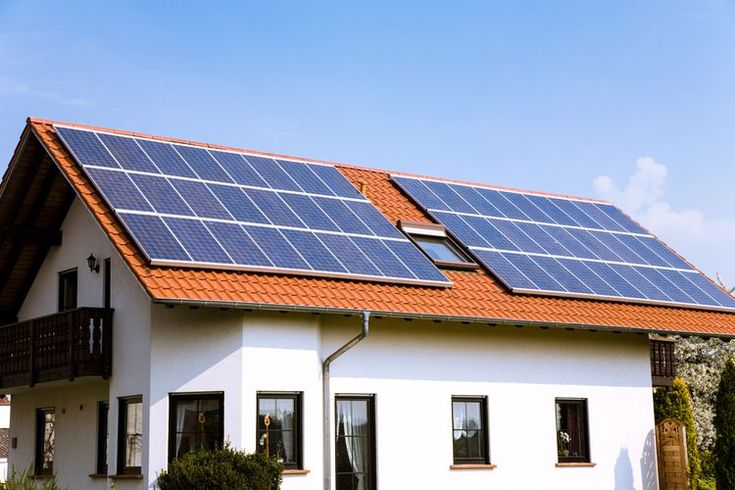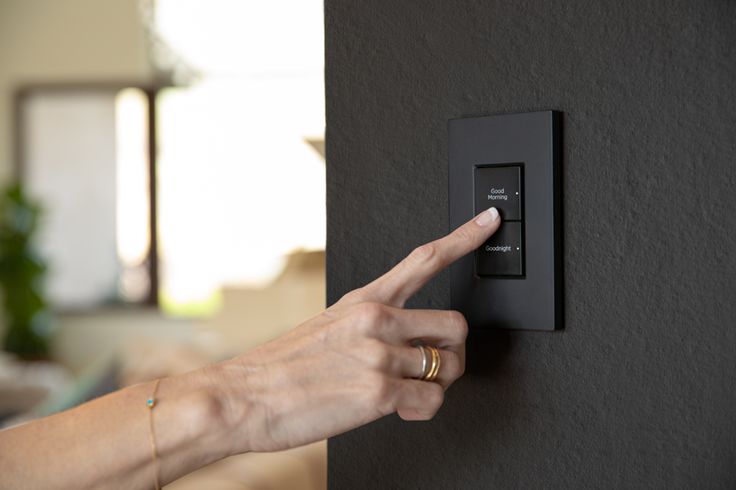Top Benefits of Installing Solar Panels on Your Home
Top Benefits of Installing Solar Panels on Your Home – As concerns about energy costs and environmental sustainability continue to rise, more homeowners are exploring the benefits of solar energy. Solar panel installation has gained significant popularity, offering an innovative way to harness the sun’s energy while saving money and reducing environmental impact. In this article, we will delve into the top benefits of installing solar panels on your home, showcasing why this renewable energy solution is a smart investment for the future.
1. Significant Cost Savings on Energy Bills
One of the most compelling reasons to consider solar panel installation is the potential for significant savings on energy bills. By generating your own electricity, you can reduce or even eliminate your reliance on the grid, resulting in lower monthly energy costs.
The average homeowner can save thousands of dollars over the lifetime of their solar panel system. According to the Solar Energy Industries Association, homeowners can save anywhere from $10,000 to $30,000 over 20 years, depending on location and energy consumption. Additionally, many states offer net metering programs that allow homeowners to sell excess energy back to the grid, further enhancing financial savings.
2. Increase in Property Value
Installing solar panels can also increase your home’s resale value. Studies have shown that homes equipped with solar energy systems sell for more than comparable homes without them.
According to a study by the National Renewable Energy Laboratory, homes with solar panels sold for an average of $15,000 more than those without. This increase in property value can be particularly attractive to potential buyers who are increasingly interested in energy-efficient features and sustainable living options.
3. Environmental Benefits
The environmental benefits of solar energy cannot be overstated. By harnessing the sun’s power, homeowners can significantly reduce their carbon footprint and reliance on fossil fuels.
Solar panels produce clean, renewable energy that does not contribute to air pollution or greenhouse gas emissions. According to the U.S. Environmental Protection Agency, the average residential solar panel system can offset approximately 3 to 4 tons of carbon emissions annually, which is equivalent to the emissions produced by a car driving for about 100,000 miles.
By choosing solar energy, homeowners can play an active role in combating climate change and promoting a healthier planet.
4. Energy Independence
Solar panel installation offers homeowners a level of energy independence that traditional energy sources cannot provide. By generating your own electricity, you can reduce your dependence on the grid and protect yourself from rising energy costs.
In addition, battery storage solutions allow homeowners to store excess energy generated during sunny days for use during peak hours or outages. This capability not only enhances self-sufficiency but also provides peace of mind during power outages or emergencies.
5. Low Maintenance Requirements
One of the appealing aspects of solar panels is their low maintenance requirements. Once installed, solar panels typically require minimal upkeep to ensure optimal performance.
Most solar panels come with warranties that last 25 years or more, and they are designed to withstand various weather conditions. Regular cleaning and occasional inspections are usually sufficient to maintain efficiency, making solar energy a hassle-free option for homeowners.
6. Government Incentives and Tax Benefits
Another significant advantage of solar panel installation is the availability of government incentives and tax benefits. The federal solar tax credit allows homeowners to deduct a percentage of the cost of their solar systems from their federal taxes, providing substantial savings.
In addition to federal incentives, many states and local governments offer rebates, grants, and other financial incentives to encourage solar adoption. These incentives can significantly reduce the upfront costs of installation, making solar energy more accessible to a broader range of homeowners.
7. Job Creation and Economic Growth
The solar industry has become a major driver of job creation and economic growth. As demand for solar energy continues to rise, so does the need for skilled workers in installation, manufacturing, and maintenance.
According to the National Solar Jobs Census, the U.S. solar industry employed over 250,000 workers in 2019, and that number continues to grow. By investing in solar energy, homeowners are not only contributing to their own financial savings but also supporting local economies and job creation in the renewable energy sector.
8. Reliability and Technological Advancements
Solar panel systems are becoming increasingly reliable due to advancements in technology. Modern solar panels are designed to withstand extreme weather conditions, ensuring they remain functional in various environments.
Additionally, the efficiency of solar panels has improved significantly in recent years. New technologies, such as bifacial solar panels and PERC (Passivated Emitter and Rear Cell) technology, allow for higher energy conversion rates, meaning you can generate more electricity from the same amount of sunlight. These advancements ensure that homeowners get the most out of their solar investment.
9. Contribution to Energy Grid Stability
By installing solar panels, homeowners contribute to the overall stability of the energy grid. When solar energy is fed back into the grid, it helps reduce the demand on traditional energy sources, especially during peak hours.
This contribution is particularly important as energy demands continue to rise with population growth and technological advancements. By reducing the strain on the grid, homeowners play a crucial role in promoting a more resilient energy infrastructure.
10. Enhancing Community Resilience
Incorporating solar energy into residential areas enhances community resilience against natural disasters and economic fluctuations. During power outages or extreme weather events, homes with solar panel systems can remain operational, especially if paired with energy storage solutions.
This capability not only provides individual homeowners with greater security but also contributes to the overall resilience of the community, ensuring that essential services can continue to function even during crises.
Conclusion
In conclusion, the benefits of installing solar panels on your home are numerous and impactful. From significant cost savings and increased property value to environmental benefits and energy independence, solar panel installation presents a compelling opportunity for homeowners looking to invest in the future.
As solar technology continues to advance and government incentives make it more accessible, now is the perfect time to explore the advantages of solar energy. If you’re considering solar panel installation, take the next step by consulting with professionals who can help you assess your options and create a tailored solution for your home.






